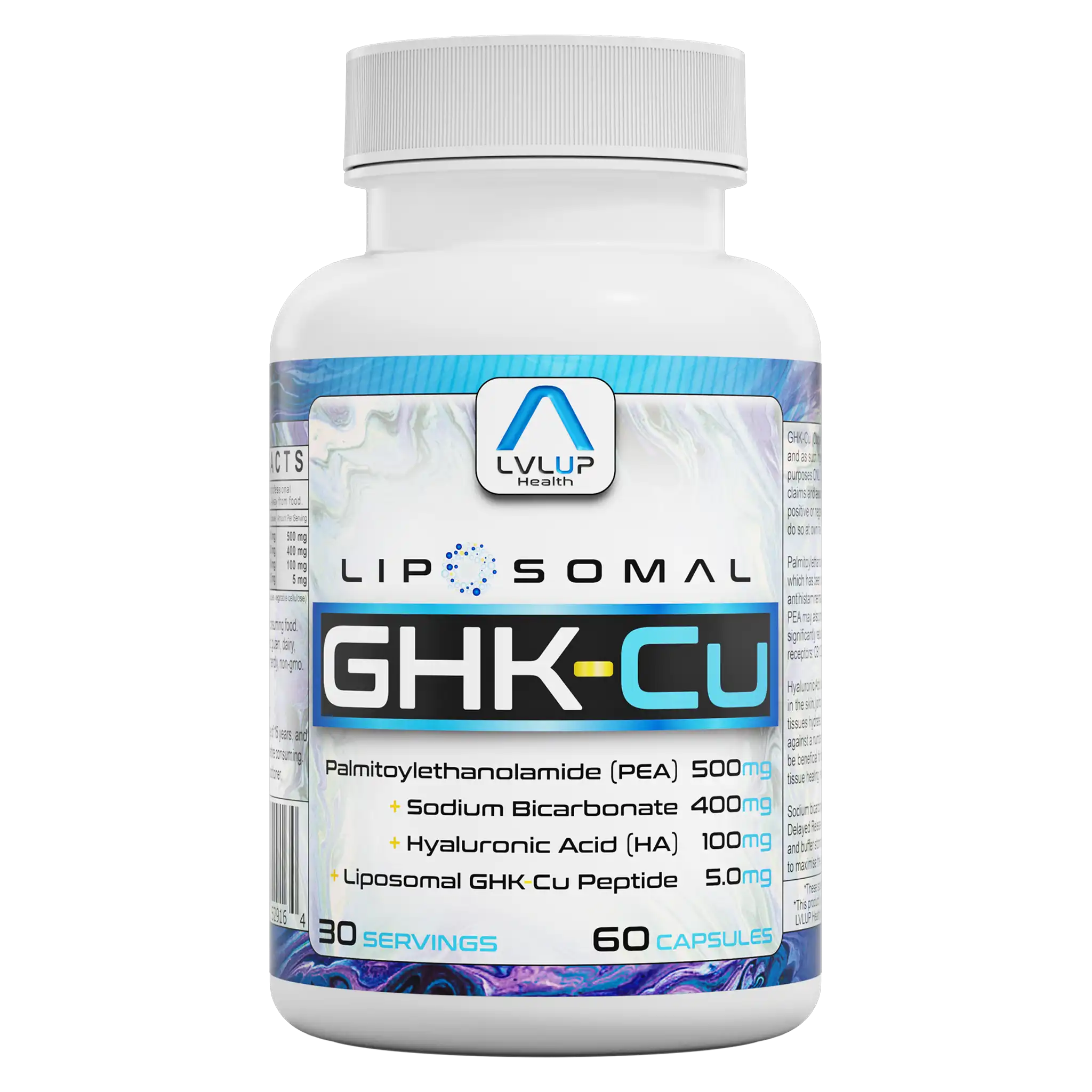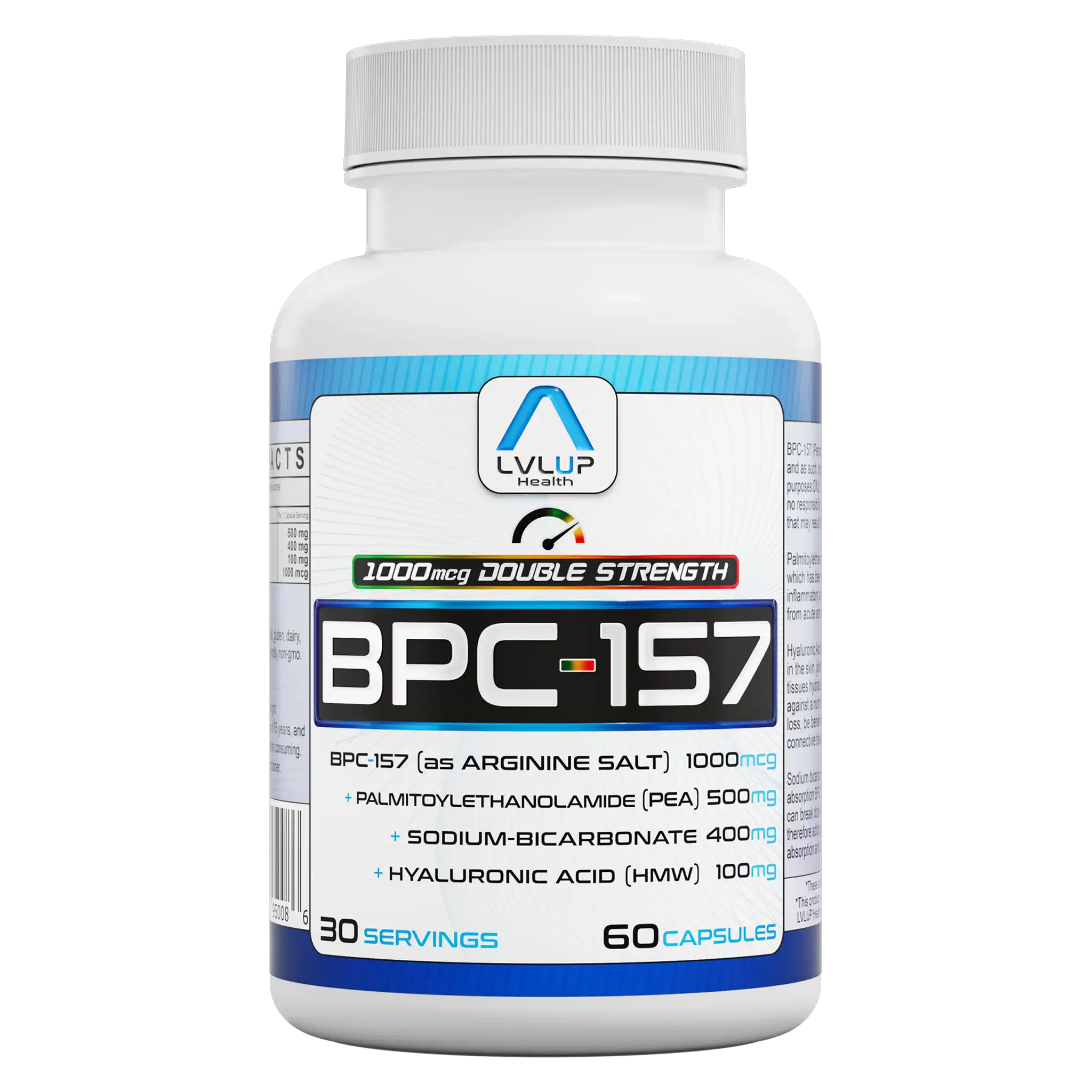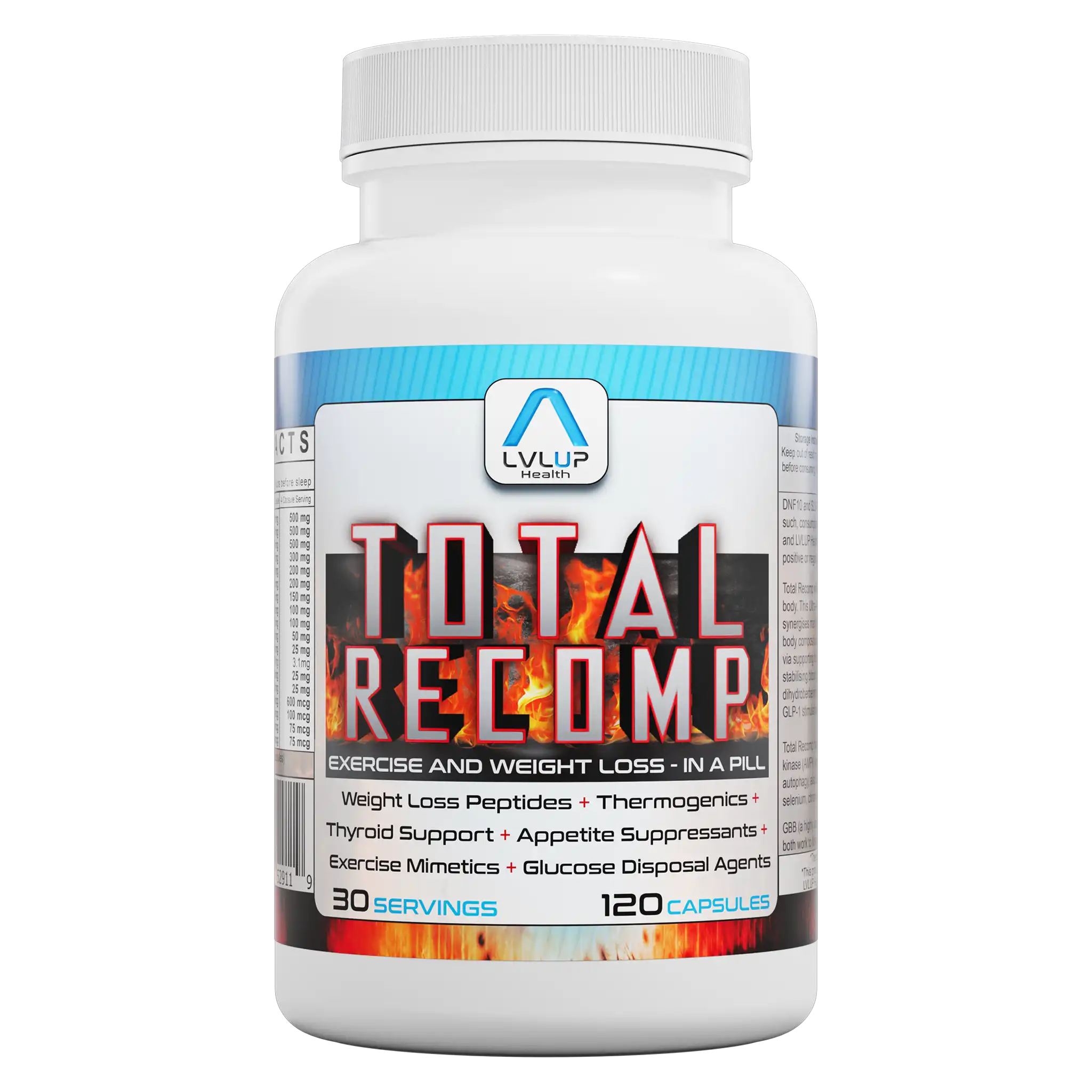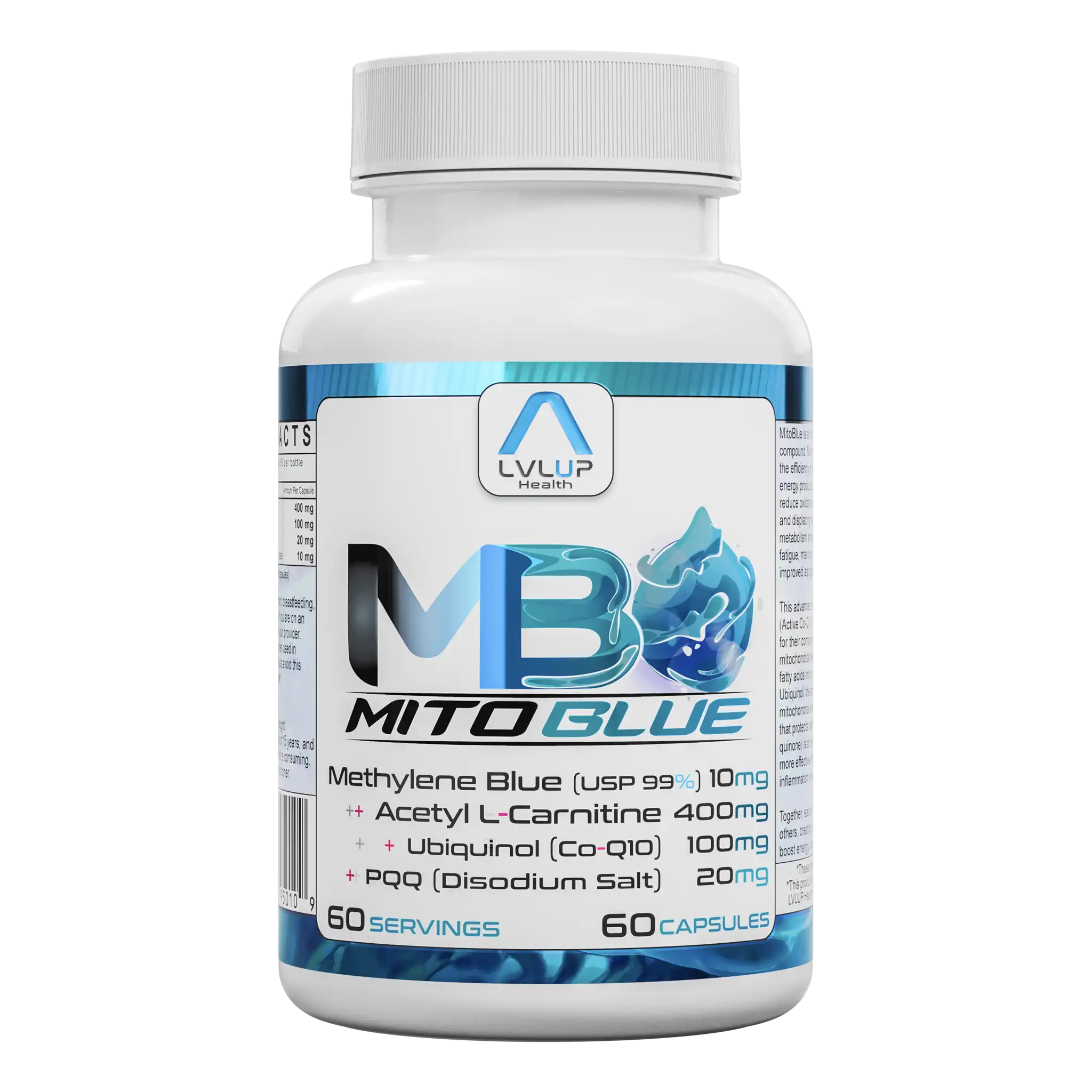ALCAR
About ALCAR
Energy and Brain Support
Acetyl L-Carnitine is a molecule that stands out among biohackers and health enthusiasts because of its double focus – helping both the body’s energy systems and the brain’s wiring. You make some naturally, but supplements boost the amount available for your cells. It shines in situations where you want sharper mental performance, feel under pressure to maintain stamina, or notice your memory slipping a bit with age.
Unique Properties
What really sets ALCAR apart is its “acetyl” group. This gives it a passport into the brain, crossing the blood-brain barrier more efficiently than regular L-Carnitine. Once inside, it not only helps create energy from fat but also hands off its acetyl group for making acetylcholine – the neurotransmitter behind learning and recall.
Common Uses and Combinations
You’ll find ALCAR in capsules, powders, or tablets. People stack it with things like alpha-lipoic acid or B vitamins to round out support for mitochondria – those little powerhouses inside your cells. Supplement makers often pair ALCAR with antioxidants or other nootropics to address both mental and physical fatigue.
Who Might Benefit
If you’re looking for an ingredient that bridges metabolic health with cognitive clarity, ALCAR holds special appeal. Its versatility makes it a go-to choice for people juggling work demands, high-intensity training, or simply seeking to keep their brains sharp as they age.
Found In
Formulated With
Detailed Information
Chemical Nature and Function
Acetyl L-Carnitine (ALCAR) is the acetylated ester of L-carnitine, facilitating increased bioavailability and enhanced CNS (central nervous system) penetration due to its greater lipophilicity compared to L-carnitine itself. Once absorbed, ALCAR acts as a transporter of long-chain fatty acids into the mitochondrial matrix by shuttling acyl groups across the inner mitochondrial membrane, which is rate-limiting for beta-oxidation in tissues with high metabolic demand such as cardiac and neural tissue.
Role in Neurotransmission
In neural contexts, ALCAR donates its acetyl moiety for endogenous acetylcholine biosynthesis via choline acetyltransferase activity—a mechanism implicated in cholinergic neurotransmission associated with memory consolidation and synaptic plasticity. Preclinical models demonstrate that exogenous administration may modulate neurotrophic factor expression (notably BDNF), augment mitochondrial biogenesis via PGC-1alpha signaling pathways, and provide neuroprotection through modulation of oxidative stress responses (including increased glutathione peroxidase activity).
Potential Synergies
ALCAR’s co-administration with mitochondrial cofactors such as α-lipoic acid or ubiquinol leverages potential synergistic effects on mitochondrial electron transport chain efficiency and reactive oxygen species mitigation. Current research explores its application in neurodegenerative contexts—including age-related cognitive decline—due to observed impacts on neuronal metabolism, axonal transport integrity, and cellular energetics.






